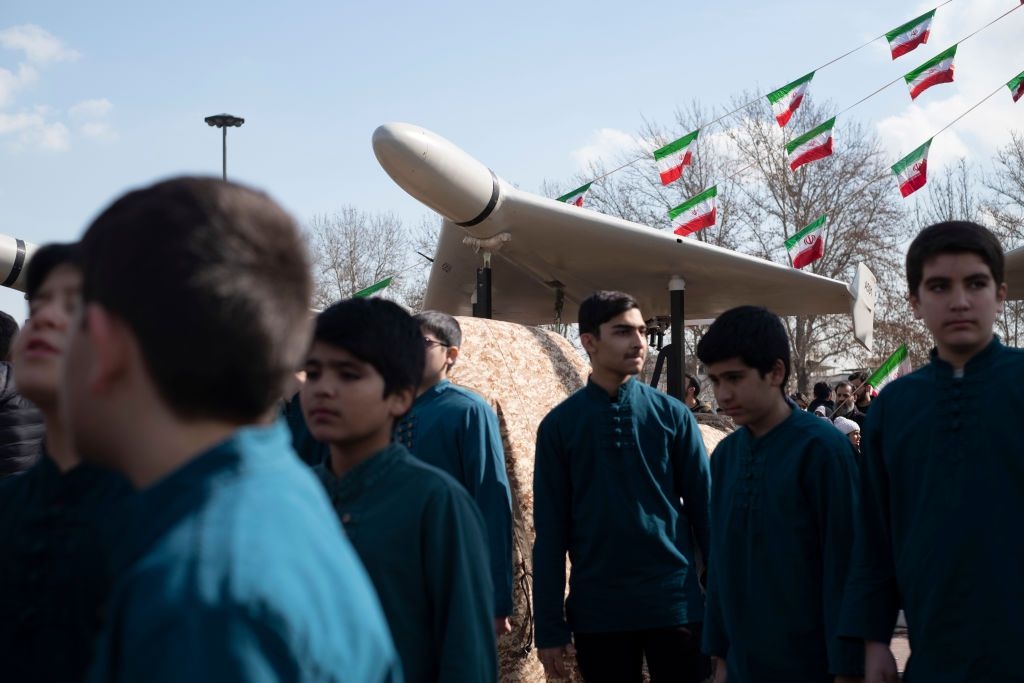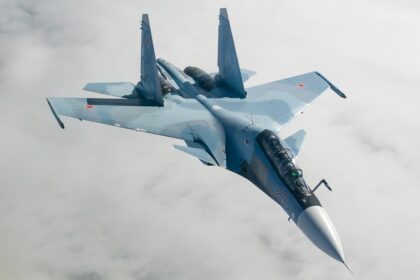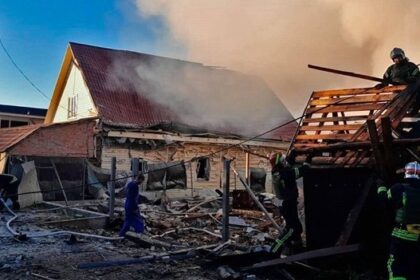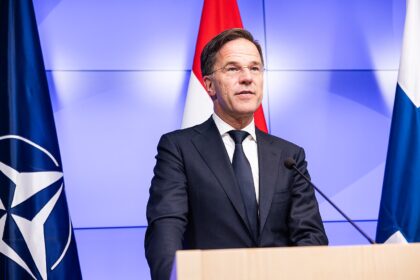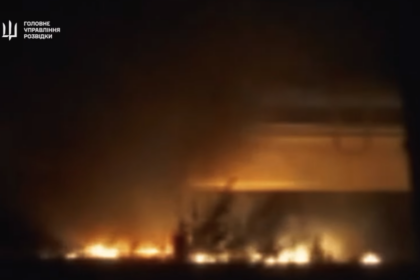This article discusses the impact of the Israeli-Iranian war on Russia’s relations with Iran, Israel, and the US. Key points include:
1. **Weakening of Iranian regime**: The Israeli attacks on Iran in 2024 and 2025 have weakened the country’s air defense and damaged nuclear enrichment facilities, making the regime more vulnerable.
2. **Shift in regional balance of power**: The weakening of Iran and its allies has led to a shift in the regional balance of power, with Russia’s influence diminishing. Regional players now view the US as a dependable ally, but see Russia as a liability.
3. **Spoiled relations with US and Israel**: The Israeli-Iranian war may strain US-Russia relations, particularly if Trump’s support for Israel leads to tensions between the two countries.
4. **Russian-Israeli relations remain unchanged**: Despite the Israeli-Iranian war, Russian-Israeli relations will likely remain unchanged, as both countries have learned to deconflict their interests in theatres of war.
5. **Russia’s potential role as a facilitator**: Analysts suggest that Russia may try to position itself as a facilitator for any new nuclear agreement between Iran and the US, particularly if the war is followed by a diplomatic process.
The article also highlights the views of various experts on the subject, including:
* Alexander Quilliam: “Russia has seen its influence and ability to project power into the Middle East diminish since Oct. 7, 2023, and the collapse of the Assad regime.”
* Neil Lund: “It’s possible that Russia will want to re-balance its Middle Eastern position over the longer term, if Iran starts looking like a resource drain that can’t offer much in return.”
Overall, the article suggests that the Israeli-Iranian war has significant implications for regional power dynamics and may lead to changes in US-Russia relations. However, Russian-Israeli relations are unlikely to be severely impacted.




